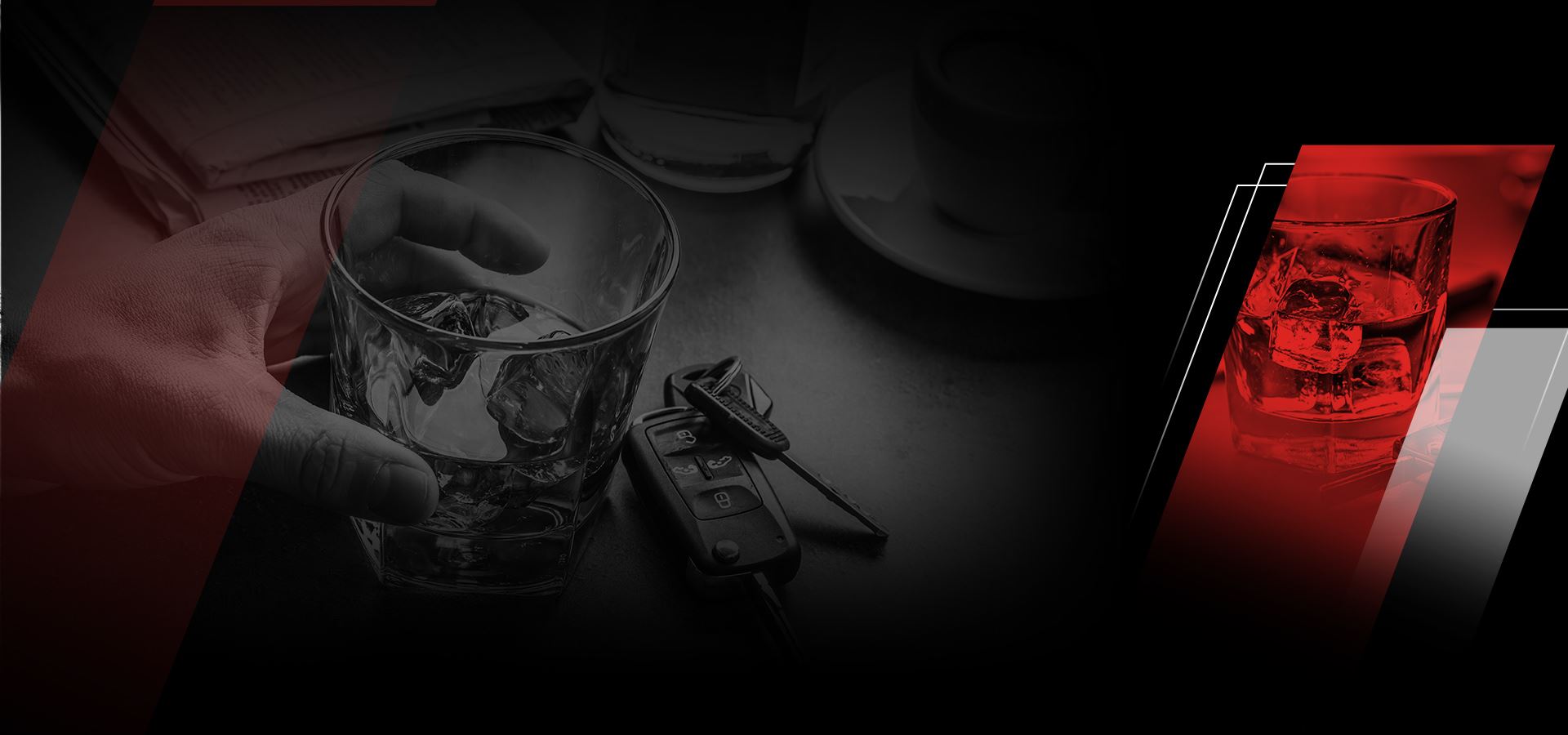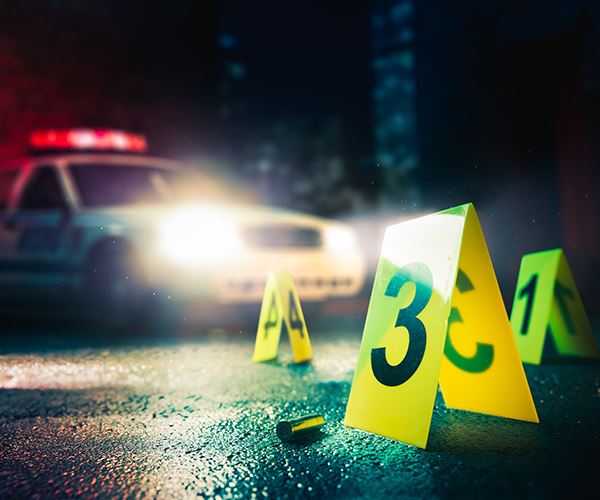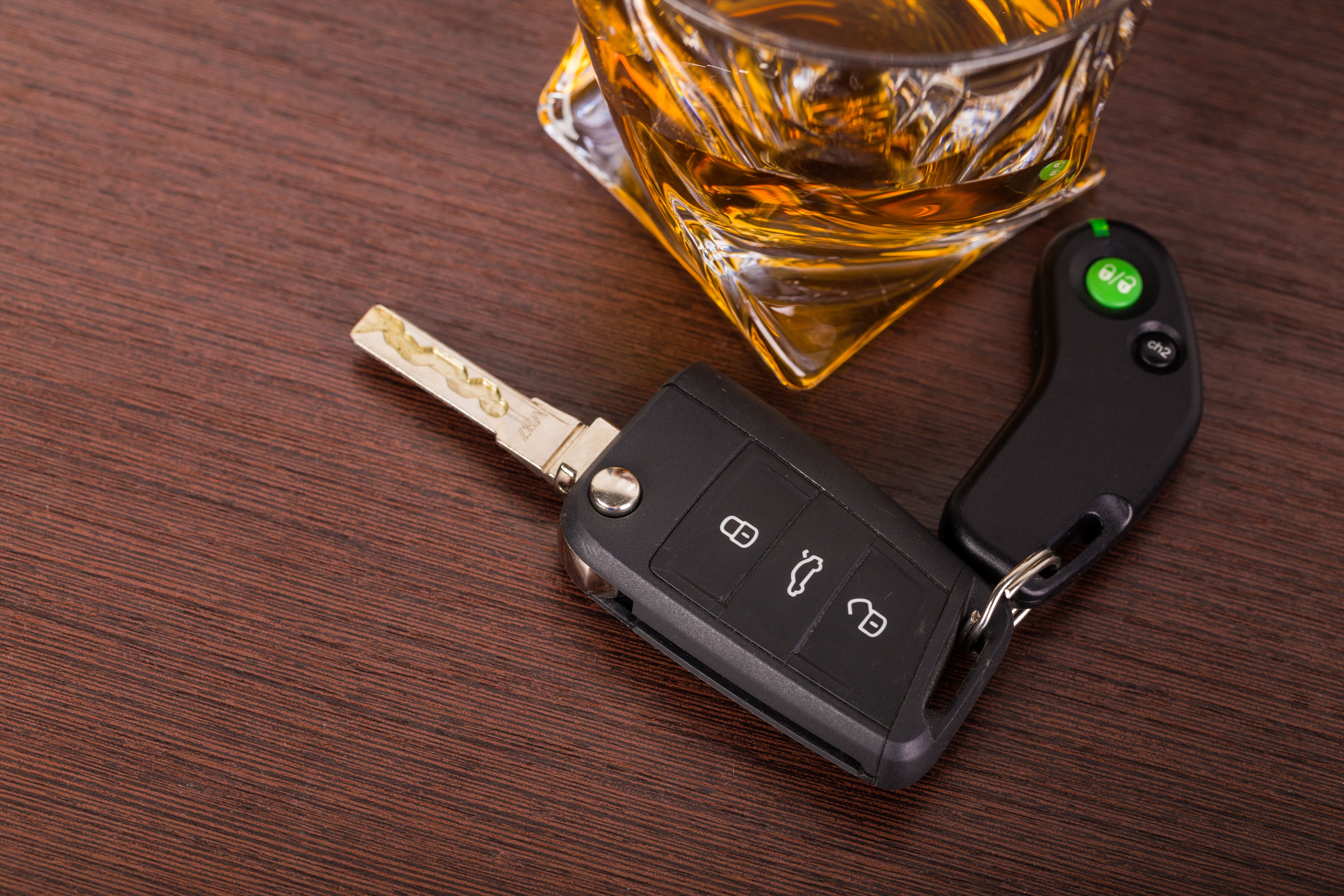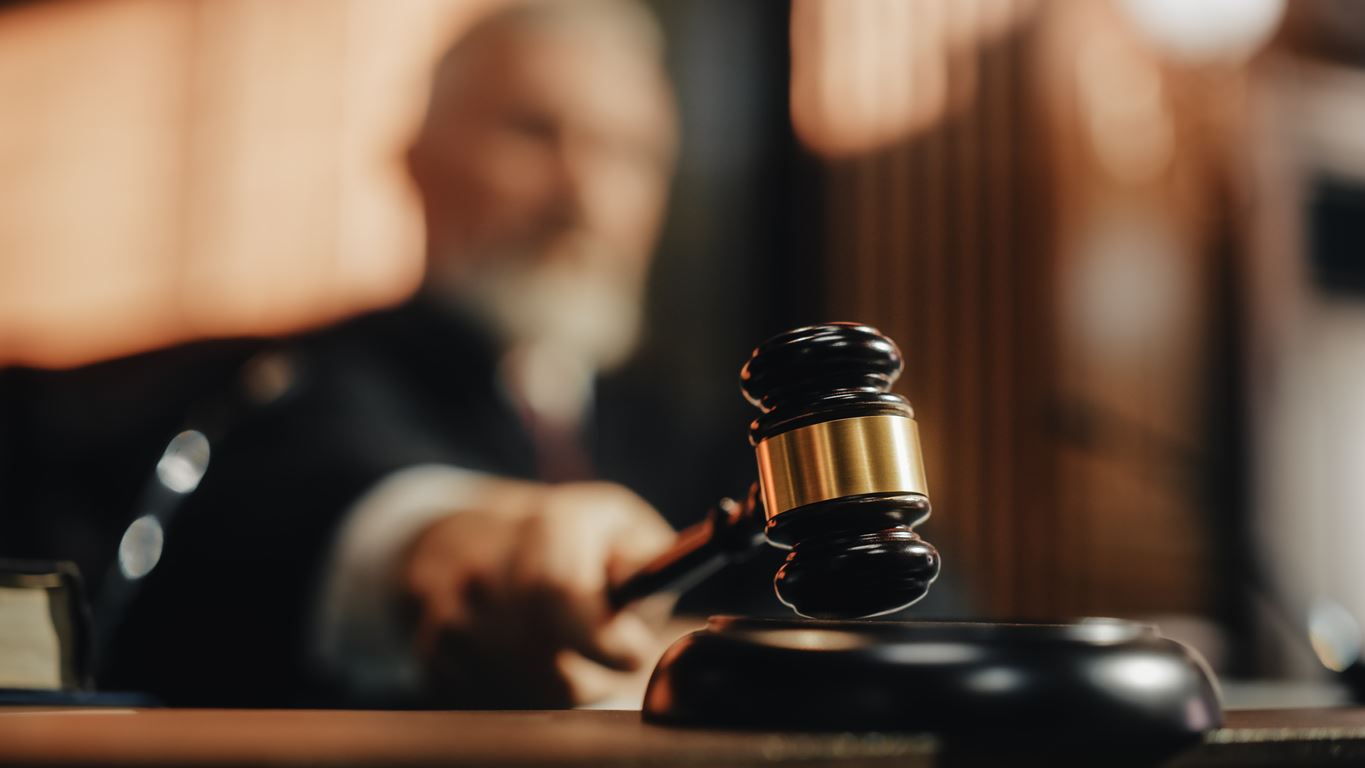

Austin DWI Attorneys
Representation for Drunk Driving Charges in Travis County
Have you been accused of drunk driving? The Austin DWI attorneys at Smith & Vinson Law Firm are dedicated to protecting your rights, freedom, and driver’s license. DWI defense is the primary focus of our practice. One of our partners is a former prosecutor, giving us a unique insight into both sides of DWI proceedings, which we leverage to benefit our clients.
At our firm, we know a DWI conviction can lead to numerous consequences, some of which may not be immediately apparent. To give yourself the best chance of avoiding a DWI conviction and its associated penalties, you need a strong Austin DWI lawyer on your side.
Understanding DWI Charges in Texas
In Texas, Driving While Intoxicated (DWI) is a serious offense that occurs when a person operates a motor vehicle in a public place while impaired by alcohol or drugs.
The legal thresholds for intoxication in Texas are as follows:
- Alcohol for Adults: A blood alcohol concentration (BAC) of 0.08% or higher.
- Alcohol for Minors (Under 21): Any detectable amount of alcohol in the system. Texas enforces a zero-tolerance policy for underage drinking and driving.
- Drugs: Impairment due to the use of prescription, over-the-counter, or illegal substances, to the extent that normal mental or physical faculties are impaired.
If the state can prove your BAC was 0.08% or higher at the time of arrest, that alone is sufficient to charge you with DWI. However, your BAC does not necessarily need to meet these limits for you to be charged. Texas DUI/DWI law also states that a person can be charged if they no longer have normal use of their mental or physical faculties due to the introduction of alcohol, a controlled substance, a drug, or a combination of these. The prosecution may attempt to prove this impairment through video evidence, testimony, or field sobriety tests.
Arrested for DWI? We Can Help with Your ALR Hearing!
After an arrest, you have only 15 days to request an Administrative License Revocation (ALR) hearing. If you miss this window, your license will be automatically suspended. Our experienced Austin DWI attorneys can help you navigate this process and fight for your driving privileges. A DWI arrest triggers license suspension proceedings by the Texas Department of Public Safety. The ALR hearing, separate from your criminal case, is your opportunity to challenge the suspension. We strongly recommend involving a DUI lawyer to handle both your ALR hearing and your criminal charges. License suspension is a real possibility.
Contact our Austin DWI attorneys at (512) 359-3743 for a FREE consultation!

-
Case Dismissed DWI
Our client was pulled over for failure to signal intent to turn. The arresting officer claimed the vehicle accelerated at a high rate of speed (67 MPH in a 30 MPH zone) resulting in a chase. When our client stopped, the officer noted the smell of alcohol on our client’s breath.
-
Not Guilty DWI .17 Blood Result
A soldier on base at Fort Hood hit a parked car in the parking lot of his barracks while attempting to back into a parking space. A bystander called 911, believing the driver to be drunk. Military Police investigated the incident and performed field sobriety tests. The soldier was arrested for DWI and his blood was drawn for analysis. The lab results came back, showing an alleged blood alcohol content of 0.178.
-
Not Guilty DWI .22 Blood Warrant
This was the 2nd time we tried this case. First one ended in a mistrial last year. 911 caller reported 2 people leaving a restaurant belligerent and stumbling. Officer arrived on scene, conducted field sobriety tests and arrested client for DWI. Client refused to provide a sample. Warrant was obtained and blood came back a .22.
DWI Cases
What Were You Charged With?
Penalties for DUI & DWI in Texas
Texas has some of the toughest DWI laws in the nation. Depending on the severity of the charge, you may face jail time, fines, community service, and/or the loss of your license. It is important to understand the potential consequences so you can make an informed decision about your case.
Some of the penalties for a DWI conviction include the following:
- In Texas, a first-offense DWI is usually a class B misdemeanor. This is punishable with a fine of up to $2,000 and/or up to 180 days in the county jail. There is no deferred adjudication in Texas for DWI. If you accept any form of probation, this is a criminal conviction.
- A second DWI is usually a class A misdemeanor. This is punishable with a fine of up to $4,000 and/or up to a year in the county jail.
- A third DWI can be charged as a third-degree felony. This would be punishable by up to a $10,000 fine and/or 2 to 10 years in prison.
In addition to the financial cost, it is important to understand the potential consequences of a DWI conviction. A conviction can have life-long consequences. For example, you will never be able to seal your record and a conviction will make it much more difficult to get into college, the military, or find a decent-paying job. If you were arrested, talk to a knowledgeable DUI lawyer in Austin as soon as possible.
Common Defenses Against a DWI Charge in Austin
Every day, thousands are pulled over for suspected DWI. Unfortunately, many of the accused believe officers have them “dead to rights” because they submitted to a breathalyzer test or they “confessed” to drinking and driving. At Smith & Vinson Law Firm, we fight for the rights of drivers across Austin who have been arrested for driving while intoxicated. Remember, the police may only need probable cause to arrest you for DWI, but the prosecutor will need to prove your guilt beyond a reasonable doubt in order to secure a conviction. Our Austin DWI lawyers can build a strong defense against even the most seemingly “open-and-shut” case, challenging evidence and the arresting officer’s testimony to protect your interests.
We may be able to weaken the prosecuting attorney’s case by:
- Questioning the administration and grading of field sobriety tests.
- Challenging the reliability of a breath test or blood test.
- Challenging the validity of the initial police stop.
- Uncovering a violation of your constitutional rights.
Challenging Probable Cause
Probable cause is a legal standard that allows officers to exercise their authority. It is crucial in various criminal cases, including DWI, as it dictates when police can lawfully search, stop, question, or detain a citizen. For a police officer to pull over a driver and make a DWI arrest, they must first establish probable cause. This requirement ensures that officers cannot arbitrarily stop drivers without a valid reason.
For example, a Texas officer can establish probable cause in a traffic stop if they notice:
- An out-of-date registration
- A broken taillight
- Speeding
- Swerving
- Driver’s failure to put on the turn signal
- Driver’s failure to turn on headlights in dangerous conditions
Even if an officer makes a routine traffic stop and has probable cause to do so, they must still have probable cause to administer a breath or blood test, search your vehicle, or arrest you for DWI. For this probable cause could be established in a DWI case if the officer notices an odor of drugs or alcohol coming from the vehicle, physical behaviors and characteristics indicating intoxication, or drugs, alcohol, or paraphernalia in plain view.
Challenging probable cause is a crucial defense strategy in DWI cases.
By questioning whether the officer had a legitimate reason to initiate the stop, drivers can contest the validity of the arrest or charge. If an officer cannot establish probable cause, they cannot legally pull someone over and arrest the driver. Therefore, if an officer pulls someone over without probable cause or administered a breath test without probable cause, then any arrest they make because of that traffic stop will typically not hold up in court.
Questioning Police Testimony
Despite the fallibility of officers, many DUI cases weigh heavily on their testimonies. Some traffic stops occur late at night when no one else is around, which becomes “he-said-she-said.” Unfortunately, officers don’t always get the facts straight, leading to innocent people being accused of crimes they didn’t commit. As DWI attorneys, we test the authority of an officer’s testimony given the facts. We don’t assume the officer’s story is how it happened. We make sure it is scrutinized for inconsistencies. After all, no one deserves to be put in jail because a cop just thought they smelled like alcohol.
Challenging Results of a Breath Test
Submitting to a breath test may seem like conclusive evidence, but the accuracy of these tests can be questionable. Several factors can lead to inaccurate readings, especially when a person's BAC is close to the legal limit. Understanding these factors is crucial, as they can "tip the scales."
Various factors can impact the accuracy of breathalyzer tests, including:
- Electrical Interference: Devices nearby can interfere with the breathalyzer's readings.
- Blood Composition: Individual variations in blood chemistry can affect results.
- Body Temperature: Higher body temperatures can lead to higher BAC readings.
- Presence of Other Chemical Compounds: Substances such as medications can skew results.
- Acid Reflux: Can introduce alcohol from the stomach into the mouth, affecting readings.
- Fluids in the Mouth: Residual alcohol-containing fluids can lead to falsely high BAC.
- Mouthwash: Alcohol-based mouthwash can temporarily increase BAC readings.
Police officers often use preliminary tests to gauge intoxication. According to data from the Jacksonville DUI lawyers at Monroe & King, P.A., statistics show that 83% of people who fail a one-leg stand test have a BAC above the legal limit and 88% of people who fail a horizontal gaze nystagmus test have a BAC above the legal limit. These statistics underscore the importance of considering all factors when evaluating breathalyzer results.
Helping You Keep Your License Following an Austin DWI Arrest
Are you wondering if an attorney can help you keep your license after being arrested for drunk driving? The answer is yes! There are a number of ways to fight a license suspension, including fighting the charges against you, negotiating a plea resolution, and petitioning for a restricted license. The best way to keep your license following a DWI arrest is by aggressively fighting all angles of the charges.
Some of the ways an attorney can help you keep your license include:
- Challenging DWI Charges: One type of license suspension results automatically from a DWI conviction. A standard license suspension for a first drunk driving offense can be as much as 90 days. However, if you're not convicted, there is no suspension. Aggressively fighting the merits of the DWI charge or negotiating a favorable plea agreement may save you from suspension.
- Petitioning for a Restricted License: If you have a license suspension because of a DWI arrest, there's a chance you may qualify for limited driving privileges. There are a number of things you need to do in order to qualify for limited driving privileges. While there are still some limitations, a restricted license may allow you to continue to work during the period of suspension.

Our Client Reviews
Earning Our Reputation by Protecting Yours
-
Smith and Vinson are absolutely incredible! They go above and beyond to help their clients and have a track record of success in getting cases dismissed. Their aggressive approach and unwavering dedication make them stand out from the rest.- Linda W.
-
What sets this firm apart is their unwavering dedication to their clients. They listen attentively, provide clear guidance, and approach every case with the utmost diligence. Their attention to detail is truly impressive, and they leave no stone unturned.- Former Client
-
When in battle you need people by your side who are fierce enough to face the opposition with you. Brad and Jarod far exceeded my expectations with their passion for winning and attention to detail.- Nikki C.
-
After the Jury was selected, the first witness was called to the stand, and Brad and Jarrod imploded the State's case. Moments later, the case was dismissed. I couldn't be any more thankful for Smith & Vinson.- Former Client

How Our Austin DWI Firm Can Help
Hiring a skilled lawyer is a critical step in navigating the complexities of a DWI charge. Our seasoned DWI lawyers in Austin understand the nuances of DWI laws and DWI charges.
We know how to get a DWI dismissed in Texas and can provide invaluable assistance by:
- Evaluating Your Case: Assessing your case and the evidence against you.
- Navigating Legal Procedures: Helping you understand and efficiently navigate the legal system, including crucial deadlines such as the ALR hearing request.
- Building a Strong Defense: Employing strategies tailored to your situation that might involve challenging the traffic stop's legality, the accuracy of the BAC testing equipment, or the procedures followed during your arrest.
- Negotiating with Prosecutors: Leveraging their experience and relationships within the legal system to negotiate reduced charges or alternative penalties.
At Smith & Vinson Law Firm, our Travis County DWI lawyers play an essential role in protecting your rights, potentially minimizing penalties, or even achieving a dismissal of charges. Our knowledge and experience are pivotal in providing a defense that addresses the mistakes individuals often make when facing a DWI charge. We represent clients throughout Travis County, Williamson County, and Hays County, including Austin, Georgetown, San Marcos, Round Rock, Temple, Cedar Park, and beyond. So don't wait. Contact us immediately for the help you need!

What Makes Us Better
The Defense You Need
-
Bold & Fearless Defense
-
Former Prosecutors
-
Honest & Straightforward Legal Guidance
-
Highly Personalized Representation
Contact Austin Defense Lawyers Who Are Well-Versed in DWI Law
If you have been arrested for DWI, it's crucial to have a defense team that thoroughly understands the intricacies of DWI law, including the science behind breath and blood testing, as well as field sobriety tests. Without a lawyer who is well-versed in these specifics, you are at a serious disadvantage. Attorneys Jarrod Smith andBrad Vinson bring a wealth of expertise to your defense. Both are certified in SFSTs and have undergone extensive training, including the same courses that arresting officers complete. Their deep understanding of DWI law is further demonstrated by their active contributions to legal articles on the subject and their tours of Austin and DPS crime labs to scrutinize DWI blood testing issues.
For powerful defense, contact our Austin DWI attorneys at (512) 359-3743.









